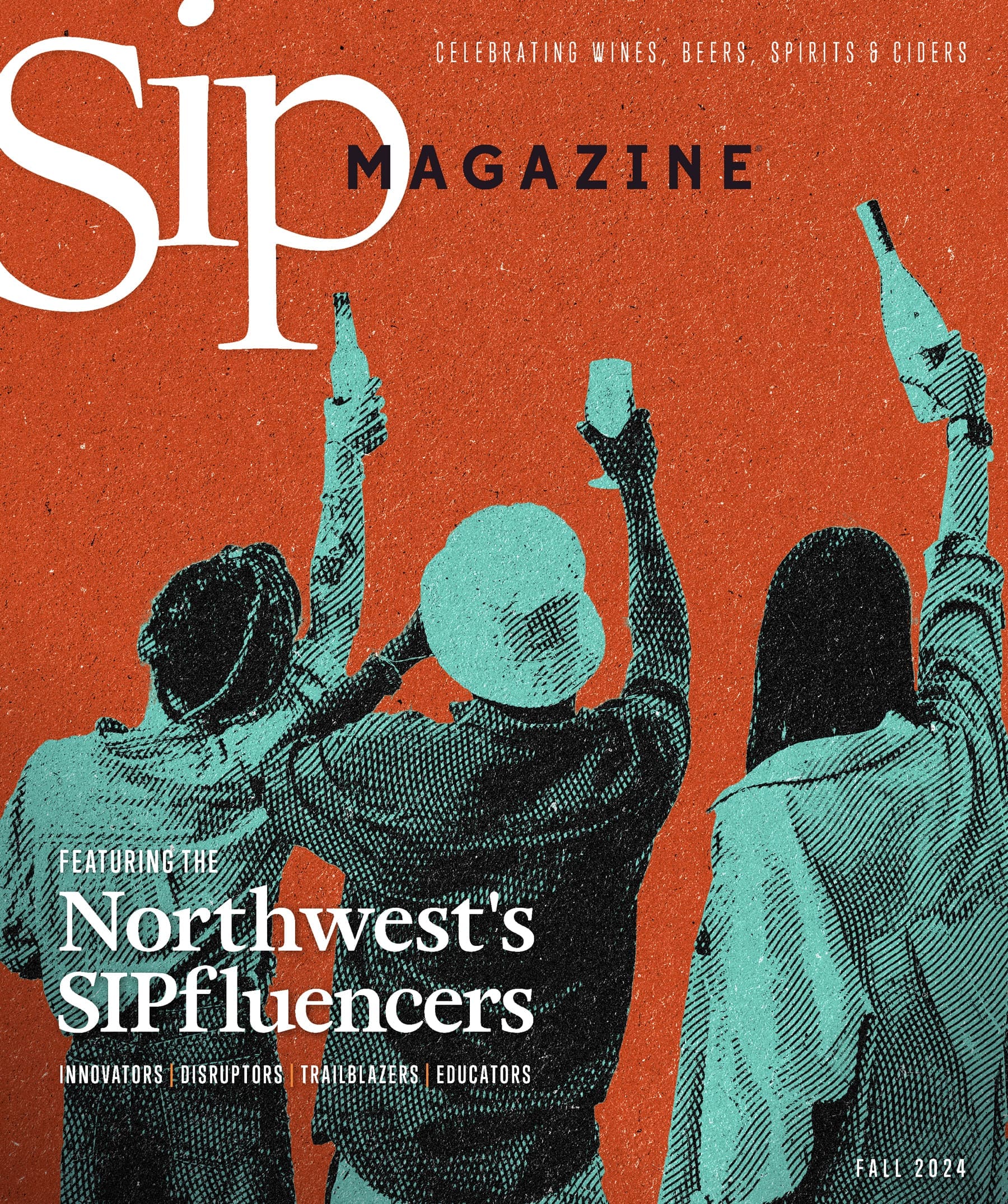Heading into a “drinking holiday” weekend, learn why your body revolts after a night of boozing. Most of us have been there. The searing morning sun pummels your eyelids until you slowly peel them open. Head pounding, you elicit a raspy plea for water. And Advil. And maybe a bacon cheeseburger. Your mouth feels like a garbage can, your guts are a bubbling cauldron and your liver is writing its Congressman. You, my friend, have a hangover. As long as humans have been fermenting grapes into wine and grains into beer, we’ve been suffering the consequences of our debauched Dionysian dalliances. Other than acting as a cruel punishment for our overindulgences, what is a hangover actually doing to our bodies? Lots, it turns out. But first, as much as it can be fun to kick back and enjoy life every once in a while, don’t let drinking spoil your chances of landing the job of your dreams. For instance, did you know that various employers now include lab use drug tests as part of their pre-employment program? Drug tests can quickly identify any signs of recent alcohol or drug use, so if you have an impending interview, staying sober beforehand is strongly advisable. BIOLOGICAL BASICS We’ll start with what happens when you drink. After you take a big swig of that Old Fashioned, ethanol is absorbed into your bloodstream through your stomach and small intestine. From there, it flows into your liver, where it is metabolized by enzymes that convert it into toxic acetaldehyde, a known carcinogen, which is then broken down into acetate. That substance is eventually turned into water and carbon dioxide and expelled from the body through respiration, sweat and urine. The body can only process a certain amount of alcohol every hour. A good standard absorption rate according to Olivier George, associate professor of neuroscience at the Scripps Research Institute in La Jolla, California, is two hours per drink. That’s the equivalent of one 12-ounce beer, one five-ounce glass of wine or a 1.5-ounce shot of liquor. When you toss back more than that, you’ll start to see the characteristic symptoms of intoxication: euphoria, reduced inhibitions, poor coordination, slurred speech and the impulse to sing Fleetwood Mac karaoke. According to George, there still isn’t much known about this widespread phenomenon. “You would think that we would have hundreds and hundreds of studies on the biological basis of hangovers, but there aren’t,” he says. “We have several candidates – acetaldehyde is definitely an important one.” PHYSIOLOGICAL REPERCUSSIONS When acetaldehyde accumulates in the body it can cause sweating, palpitations, skin flushing, nausea and vomiting. According to a number of studies, another likely hangover cause is an inflamed immune system. “Probably the biggest misconception that people have is they say that hangovers are just dehydration,” says Dr. Jason Burke, owner of Hangover Heaven, the Las Vegas-based mobile The studies found that when you drink too much, your immune system revs up and produces high levels of cytokines, which are involved in cellular communication. Normally, cytokines help fight infections, but if you inject healthy people with large doses, they start to experience common hangover symptoms like headache, nausea and fatigue. Inflammation can be taken care of with the help of common, over-the-counter medication like Advil, or CBD (which is available at https://www.everydayoptimalcbd.com/ if you’re not sure where to source it from). CBD is particularly useful for a hangover as it can also help with the feelings of anxiety that often accompany it. However, while an Advil or two before bed can help take care of that inflammation, Burke says oxidative stress is a little more complicated.w “Basically oxidative stress – which can be caused by sunlight, alcohol, radiation – creates free radicals and the free radicals get into the DNA of your cells and basically kill them,” he notes. “The solution to free radicals are antioxidants. So you’re in a situation when your body needs more antioxidants and what you’re doing is actually reducing your body’s ability to make its own antioxidants. It’s a double-whammy.” In addition to inflammation and oxidative stress, another reason you might be feeling sluggish and prone to binge-watching Netflix when you’re hungover is lack of sleep. Trying to find the best CBD oils to make use of its anti-inflammatory and anti-oxidizing qualities could help with this and is also known to work against sleeplessness. “The effect of alcohol on sleep is very interesting because you will be more likely to fall asleep after you drink,” George says. “This is why people who drink too much, they pass out on the couch. It looks like it’s promoting sleep, but the issue is your sleep will be fragmented and shorter. So they will wake up at 3 a.m. not feeling rested.” PROACTIVE MEASURES So what can you do to combat these compounded effects and steer clear of that pounding headache? George and Burke have some advice. “If you’re going to be drinking, you have to eat before or during or after so that you don’t have dis-regulation of your metabolism,” George suggests. “Then you have to drink water, that helps with the dehydration, it will help with the headache. The third part would be not drinking too much, obviously.” But if abstinence is not in your future, Burke recommends loading up on vitamins, antioxidants and anti-inflammatories before you hit the town. “Basically what you want to do is you want to give your body the tools it needs to deal with the alcohol intake while you’re doing it,” he says. “Once you’ve gone to sleep and all that inflammation and everything sets up, it’s really hard to deal with the next morning.” While you’re boozing, Burke suggests sticking to clear liquors, which contain fewer hangover-worsening congeners. “One thing I recommend to people is to drink high-quality clear alcohol,” he says. “High-quality vodka and gin have a lot fewer congeners than whiskey and bourbon.” George agrees. “If you look at human laboratory studies, people who drink those cleaner drinks have less hangovers,” he notes. “If you limit yourself to these kinds of drinks, you’ll probably have a lower hangover.” “Probably the biggest misconception that people have is they say that hangovers are just dehydration,” says Dr. Jason Burke of Hangover Heaven. “And that is absolutely not the case. The big issues with hangovers are inflammation and oxidative stress.”

The Science of Hangovers
Tara Morgan
what’s new








